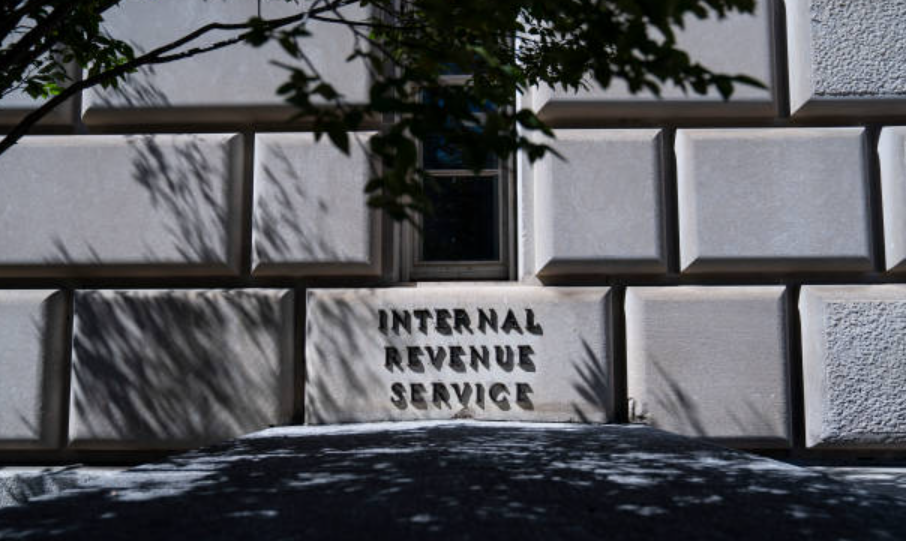The IRS has implemented a significant increase in the underpayment penalty rate, nearly tripling it from levels observed just two years ago.
This move sees the penalty rate surge to 8%, marking a substantial hike that aims to penalize taxpayers who have not paid enough of their owed taxes throughout the year.
The underpayment penalty is typically levied on taxpayers who fail to meet certain thresholds in their tax payments or who underestimate their tax liabilities.
The recent surge in the penalty rate, jumping from 3% to the current 8%, signals a stark increase in the financial consequences for those falling short in their tax payments.
This significant rise in the underpayment penalty rate by the IRS reflects the agency’s aim to ensure more accurate and timely tax payments from individuals and businesses.
Taxpayers are expected to pay at least 90% of their current tax liability throughout the year, either through withholding or estimated tax payments, to avoid this penalty. Those who have not met this threshold will now face a notably higher penalty rate.
Professional Assistance and IRS Resources

The surge to an 8% penalty rate is a reflection of changes in economic circumstances and policy considerations. The move is aimed at incentivizing compliance and discouraging underpayment or late payments of taxes owed to the government.
Taxpayers, particularly those who are self-employed or have income not subject to withholding, are advised to carefully review their tax liabilities and ensure timely and accurate payments to avoid incurring this elevated underpayment penalty.
Additionally, seeking guidance from tax professionals or utilizing IRS resources to estimate tax obligations can help taxpayers better meet their tax payment requirements.
The increased penalty rate underscores the importance of vigilance and diligence in fulfilling tax obligations.
Taxpayers are encouraged to stay informed about tax law changes and payment requirements to avoid penalties and potential financial strain resulting from underpayment of taxes owed to the IRS.


Comments are closed.